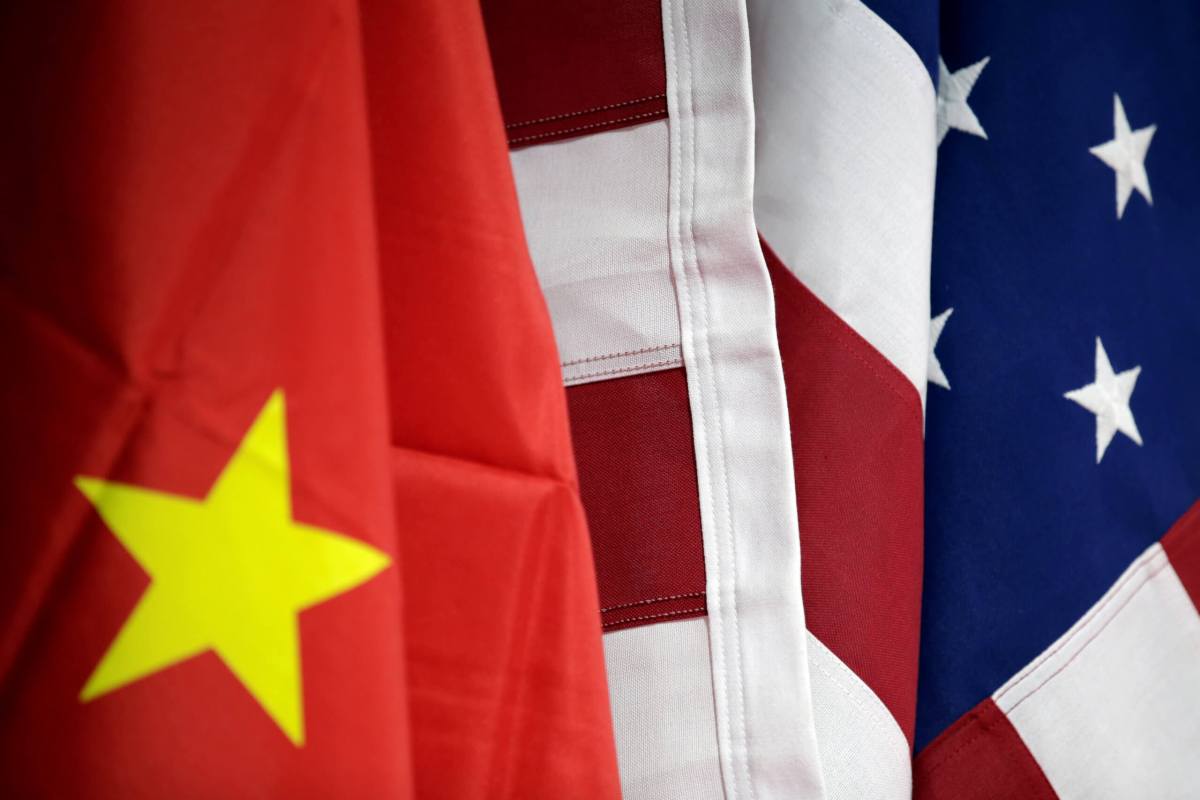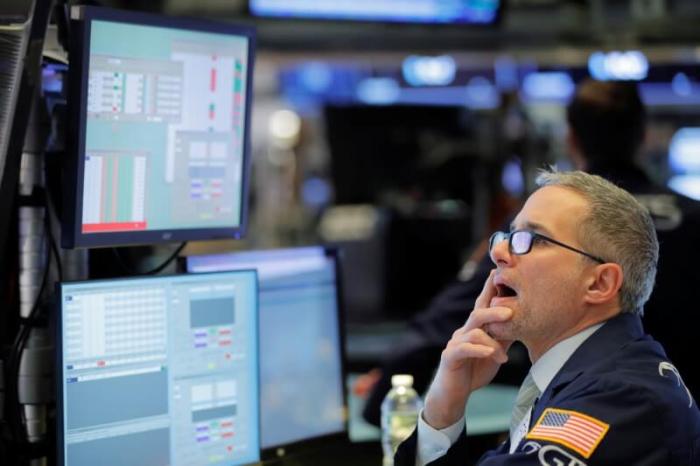By Andrea Shalal
WASHINGTON (Reuters) – Tariffs and trade tensions are a huge source of worry for U.S. companies, with nearly half of Fortune 500 companies referencing such concerns during last quarter’s earnings calls, the U.S. Chamber of Commerce said on Thursday.
Tariffs or trade tensions and their impact on business performance were referenced 1,150 times during 188 of the 437 calls discussing quarterly financial results recorded from late August to late November, a study conducted by the Chamber showed.
The highest level of concern was voiced by the retail sector, which has been hit hard by tariffs over the last 17 months, followed by manufacturing firms, and transportation and logistics companies, the Chamber said.
The group, which represents over 3 million U.S. companies, said its findings tracked with results seen in the previous quarter, underscoring ongoing deep concerns about current and potential trade conflicts.
The United States and China last week reached a Phase 1 trade deal that will reduce some existing tariffs and put off others. Other details about Chinese commitments to buy more U.S. goods and services have yet to be released.
Trade experts caution that tensions between the United States and China could escalate again, triggering a new wave of tariffs. The Trump administration also is taking aim at what it considers trade imbalances with Europe.
The Chamber last week welcomed the China trade deal, but urged the world’s two largest economies to conclude a broader pact within six months that tackles the deeper issues that hampered U.S. companies’ ability to compete globally.
It said the next negotiations should address structural issues such as “China’s massive subsidies, digital and data discrimination, and a range of outstanding forced technology transfer concerns.”
U.S. Trade Representative Robert Lighthizer last week acknowledged there remained hard work ahead in the next phase of negotiations. He gave no specific timetable, but said U.S. President Donald Trump did not want to wait until after the 2020 presidential election to wrap up a more comprehensive agreement.
“Negotiators should realize time is of the essence,” the business group said on Wednesday. It said data showed 40% of construction contractors believed steel and aluminum tariffs will have a major impact on their business, while small manufacturers were more pessimistic about the national economy.
Companies have responded to tariffs by absorbing the higher costs themselves, passing them onto customers or a combination of both, the Chamber said. Recent data showed that optimism in the construction sector had dropped sharply and investments were down, possible signals of trouble ahead.
(Reporting by Andrea Shalal; Editing by Bill Berkrot)



















